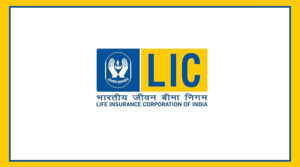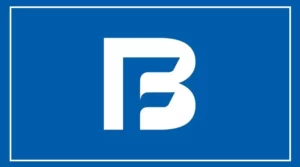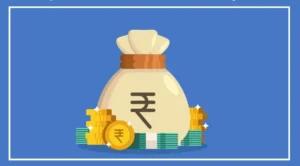Fixed deposits (FDs) have long been one of India’s favorite investment options.
They offer safety, steady returns, and flexibility in tenure.
Some even come with tax benefits.
But with changing market conditions and rising inflation, is putting a large sum into FDs still a smart choice?
According to Ajinkya Kulkarni, CEO and co-founder of Wint Wealth, “Starting with FDs makes sense if you’re new to investing, but they shouldn’t remain your main wealth-building tool.
Over time, FDs should form only a small part of your portfolio.”
Let’s look at what you should know before investing — and what other options might give you better returns.
What to Consider Before Moving Beyond FDs
Financial Literacy
Fixed deposits are easy to understand, but as you gain financial knowledge, it’s important to explore other instruments that offer better returns with manageable risk.
Learning about bonds, mutual funds, or government-backed schemes can help you make smarter, more informed decisions.
Asset Evaluation
Fixed-income investments offer periodic returns, but the level of risk and return varies.
Some options provide higher interest but come with slightly more risk.
Always check the tenure, liquidity, and tax benefits before investing.
Personal Goals and Risk Tolerance
Your choice of investment should match your goals — whether they’re short-term or long-term.
If you can take a bit more risk, experts often recommend exploring corporate bonds, which offer higher returns than traditional FDs.
Better Fixed-Income Alternatives to Explore
Government Bonds
Government securities (G-secs) are among the safest investments since they’re backed by the Central Government.
They carry almost no credit risk but are affected by interest rate changes.
You can also consider:
Treasury Bills (T-Bills): Short-term investments available for 91, 182, or 364 days.
They don’t pay interest but are sold at a discount, giving you profit on maturity.
Floating Rate Savings Bonds (FRSB): These have a 7-year lock-in and currently offer 8.05% returns.
You can invest as little as ₹1,000 through the RBI Retail Direct platform.
Corporate Bonds
Corporate bonds are issued by companies to raise funds and generally offer 9–11% returns, compared to 6–7% from FDs.
However, they carry higher risks — mainly credit and interest rate risk.
To stay safe, check the issuer’s credit rating or invest through trusted platforms like Grip and Wint Wealth, which are licensed Bond Platform Providers (OBPPs).
For instance, Navi Finserv currently offers bonds at 11% yield, and U Gro offers 10.25% for a 23-month tenure.
Corporate Fixed Deposits (FDs)
Corporate FDs work like regular FDs but are issued by companies.
They offer higher returns (up to 8.5% or more) but come with slightly higher risk.
Always check the company’s credit rating — AAA-rated deposits are the safest.
Top NBFCs such as Bajaj Finserv, Muthoot Capital, Shriram Finance, and Sundaram Finance offer attractive FD schemes.
But remember, these are not insured under the government’s DICGC protection, which covers only bank deposits up to ₹5 lakh.
Certificates of Deposit (CDs)
If your money is sitting idle in a savings account, consider investing in CDs.
They offer higher returns than savings accounts but lower than FDs.
Minimum investment starts at ₹1 lakh, and they usually mature in 1–3 years.
CDs are issued by banks and financial institutions like SIDBI, NABARD, and Exim Bank.
Sovereign Gold Bonds (SGBs)
Issued by the RBI, SGBs combine the stability of gold with an annual 2.5% interest.
Each bond equals one gram of gold (999 purity).
They have an 8-year maturity with an exit option after 5 years.
Though new issuances have stopped, you can still buy them on stock exchanges.
Bottom Line
Fixed deposits are great for beginners and risk-averse investors, but they shouldn’t be your only choice.
Once you understand how other fixed-income instruments work, you can diversify your portfolio and aim for higher, more stable returns.
In short: FDs give safety, but smart diversification builds real wealth.

























